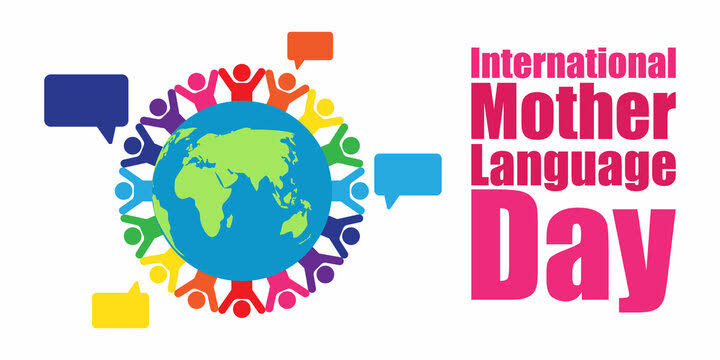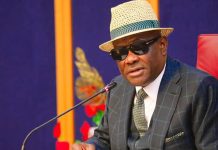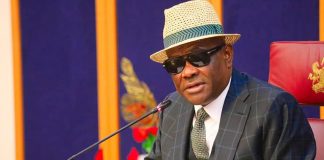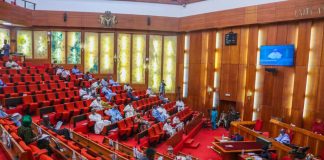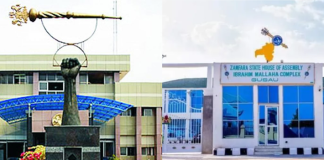🌿 Ruzu Non-Alcoholic Herbal Bitters
Ruzu Non-Alcoholic Herbal Bitters is a natural health supplement specially formulated to:
- ✅ Promote general wellness
- ✅ Detoxify the body
- ✅ Support the treatment of various ailments
Made from a powerful blend of 100% organic and medicinal herbs, Ruzu is completely alcohol-free, making it ideal for:
- 👪 All age groups
- 🌱 Health-conscious individuals
- 🌿 Anyone seeking non-alcoholic herbal remedies
Whether you're looking to boost your vitality, cleanse your system, or support healing the natural way, Ruzu Bitters offers a trusted herbal solution.
Int’l Mother Language Day: Lawmaker Urges Preservation of Indigenous Languages in Lagos State
By Naomisophyblog
In commemoration of International Mother Language Day, Hon. Nureni Akinsanya, a member of the Lagos State House of Assembly representing Mushin Constituency 1, has called on parents to communicate in indigenous languages within their homes as a means of preserving cultural heritage.
Akinsanya’s statement, released on Wednesday to mark this year’s International Mother Language Day with the theme “Multilingual education: a pillar of learning and intergenerational understanding,” emphasized the importance of mother tongue languages in fostering inclusive education and safeguarding indigenous languages.
He reiterated the necessity for the Lagos State government to take decisive action in protecting indigenous languages within educational institutions, government offices, and households.
“I celebrate the parents in Mushin Constituency 1 who have made commendable efforts to preserve our indigenous language by speaking it at home to their children. Many children struggle to speak their local languages. As a Yoruba tribe, speaking our home language to our children from the earliest stages of their lives helps to shape their minds and equip them for success in school and beyond,” Akinsanya stated.
The lawmaker also stressed the significance of this year’s celebration as a reminder to prioritize the preservation of indigenous languages. He called on the Lagos State government to enforce measures that make native languages compulsory in homes, schools, and government offices.
“This approach will encourage all Lagosians to actively learn and communicate in the Yoruba language, rather than treating it as an optional subject,” Akinsanya urged.
Read Also:CP Abaniwonda recounts achievements in 2 weeks as the 22nd Commissioner of Police Delta State Command
International Mother Language Day serves as a global acknowledgment of the value of linguistic diversity and highlights the vital role it plays in promoting intercultural understanding. By promoting multilingual education and preserving indigenous languages, societies can foster a more inclusive and culturally rich environment.

